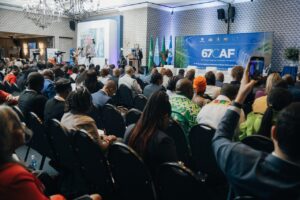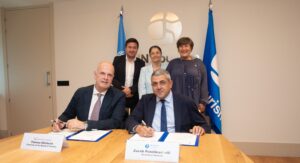After Madagascar’s borders were closed in March 2020, and the island of Nosy Be partly reopened to tourists in October – March 2021, the destination is now gearing up to prepare for borders to reopen, although no set date has yet been announced by the authorities.
Stakeholders of the tourism sector are mobilizing to roll-out vaccinations for workers in the sector (hotel sta , guides, craftspeople, pedicab drivers, etc.). On 29 May, the vaccination campaign was launched on the tourist island of Nosy Be by the President of the Madagascar National Tourism Board (ONTM), who set an example by getting the first injection. The short-term goal is to reach a 60% vaccination rate in the island’s population.
The campaign was then launched in the capital Antananarivo on 5 June, headed by the President of the Madagascar Tourism Confederation (CTM) which brings together the private sector. The tourist island of Sainte-Marie is also among the priority vaccination zones de ned by the Malagasy Government.
ONTM Executive Director Vola RAVELOSON points out that « this initiative is aimed at protecting both tourists, workers and the local population, as well as reassuring international partners and the international tourism community about the measures taken to ensure health security all along the tourism value chain. It is organised together with the health authorities in our country and in partnership with the World Health Organization ».
Madagascar has received the first batch of 250,000 vaccine doses as part of the COVAX initiative. In addition to the tourism sector, the entire Malagasy population is also benefitting from the vaccination programme, and several mass vaccination centres have been set up by the authorities to speed up the process.
The tourism sector is Madagascar’s second largest hard currency earning sector, the vaccination campaign is clearly aimed at reviving the economy in this Indian Ocean country renowned for its rich biodiversity, UNESCO World Heritage sites, and 5,000 km of coastline ideal for scuba-diving, water sports and rest and relaxation.








